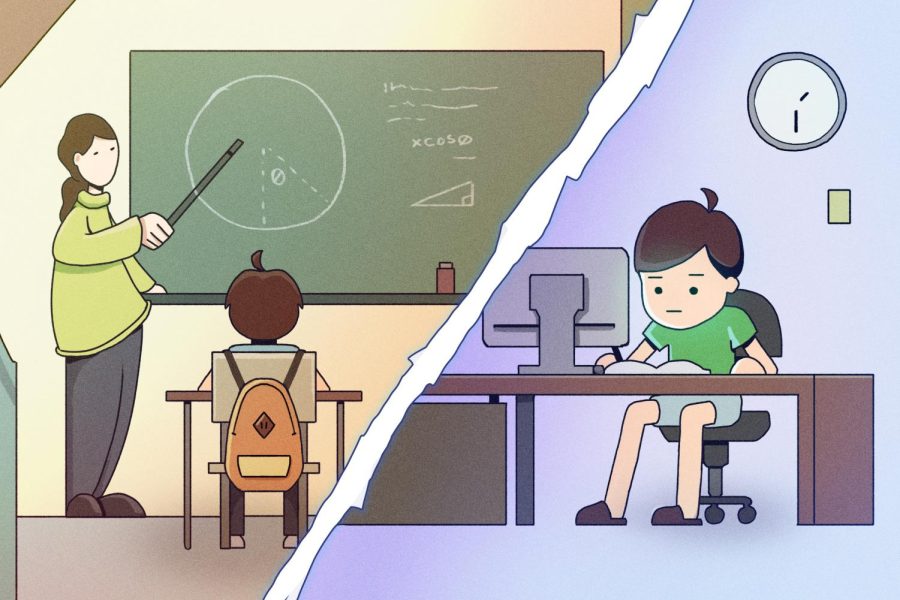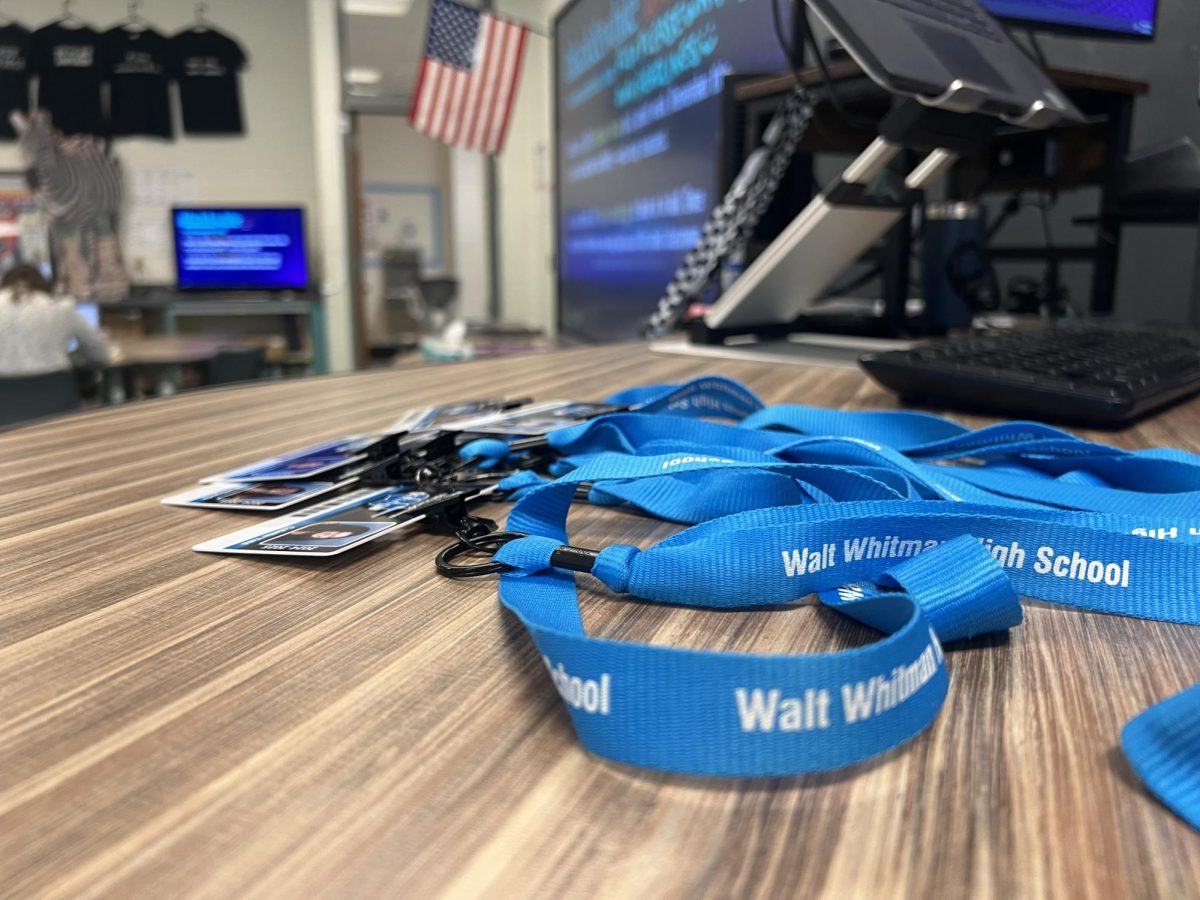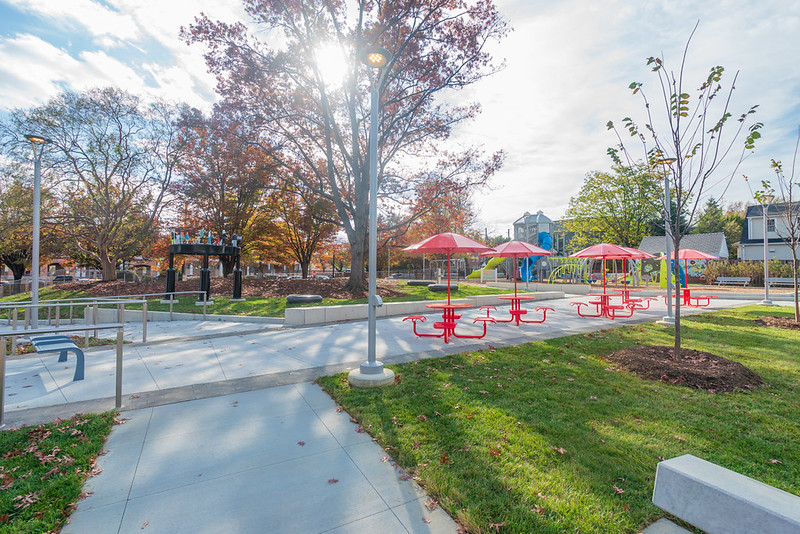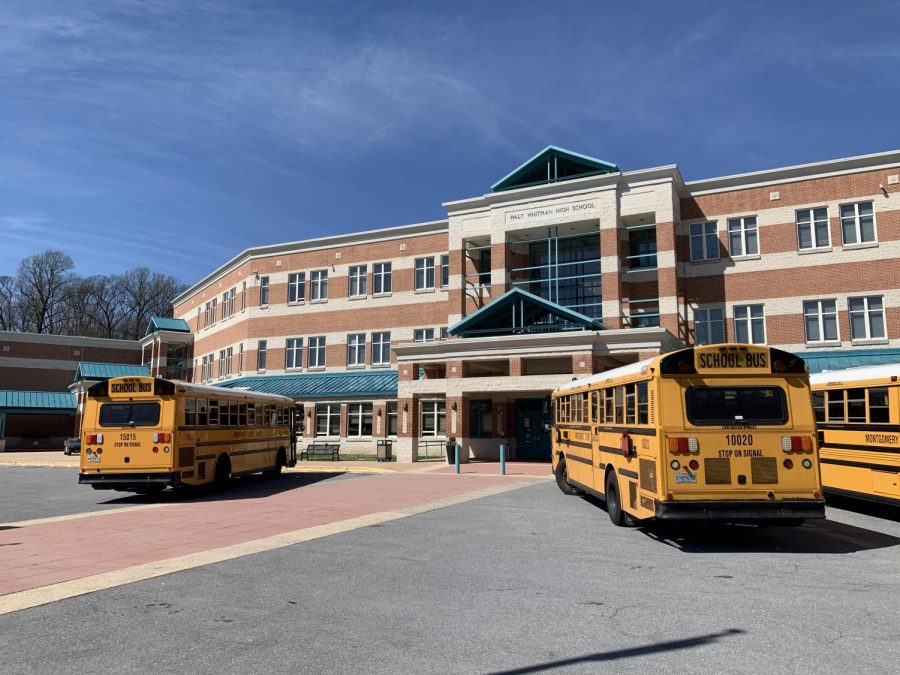Energy businessman and Middle East expert Rob Sobhani spoke about the global economy to international business students March 19.

Sobhani, a Whitman parent, is president of Caspian Energy, a consulting company for businesses with interests in the United States, the Middle East and the former Soviet Union. Sibhani ran for U.S. Senate in 2012 and is also a former Georgetown University professor.
Business education teacher Demitra Marafatsos invites guest speakers to her business classes weekly.
“I’m trying to bring experience into the classroom. You can’t just learn from the book,” she said. Mr. Sobhani has adapted abroad. I wanted students to see that and also see someone who’s passionate about his area of expertise.”
To illustrate the effects of a global economy, Sobhani discussed how rising oil prices in the Middle East leaves oil importing countries like South Korea with less money for manufacturing, leading to higher prices for electronic goods sold in the United States.
Sobhani also discussed the world market for solar power. The key to international business, he said, is finding the right product for the right market.
“Over the next five years, the countries in the Middle East are going to spend 500 billion dollars on solar energy,” he said. “If you know how to produce solar energy, if you know how to install solar panels, if you know the software that goes into solar, you can be a part of that market.”
The presentation related to a class project in which each student hypothetically develops and distributes a product or service internationally. Sobhani critiqued students’ project ideas and also cautioned them about the importance of patents for protection against reverse engineering.
“He tried to facilitate how the students could take their products abroad and explain why some would be winners and others may need to put a little spin on them to make it work,” Marafatsos said.
Sobhani was particularly impressed with one student’s idea to sell water filters in China, especially in light of the recent finding of dead pigs in the Yangtze River.
“The water in China is definitely polluted,” Sobhani said. “If you can provide a service that cleans the water right next to the river, you’ve got yourself a product that will definitely sell.”
Junior India Harrison thought Sobhani was engaging and knowledgeable and that the presentation clarified concepts she had learned.
“In class we’ve been learning how small things like what we decide to buy in the U.S. can affect countries overseas,” she said. “He was talking about how religious problems in other countries affect the U.S. as well. Everything is interconnected.”
Marafatsos will continue to tap the many international businessmen in the community who have taken products abroad, she said.
“They are a resource,” she said. “They make it real.”








